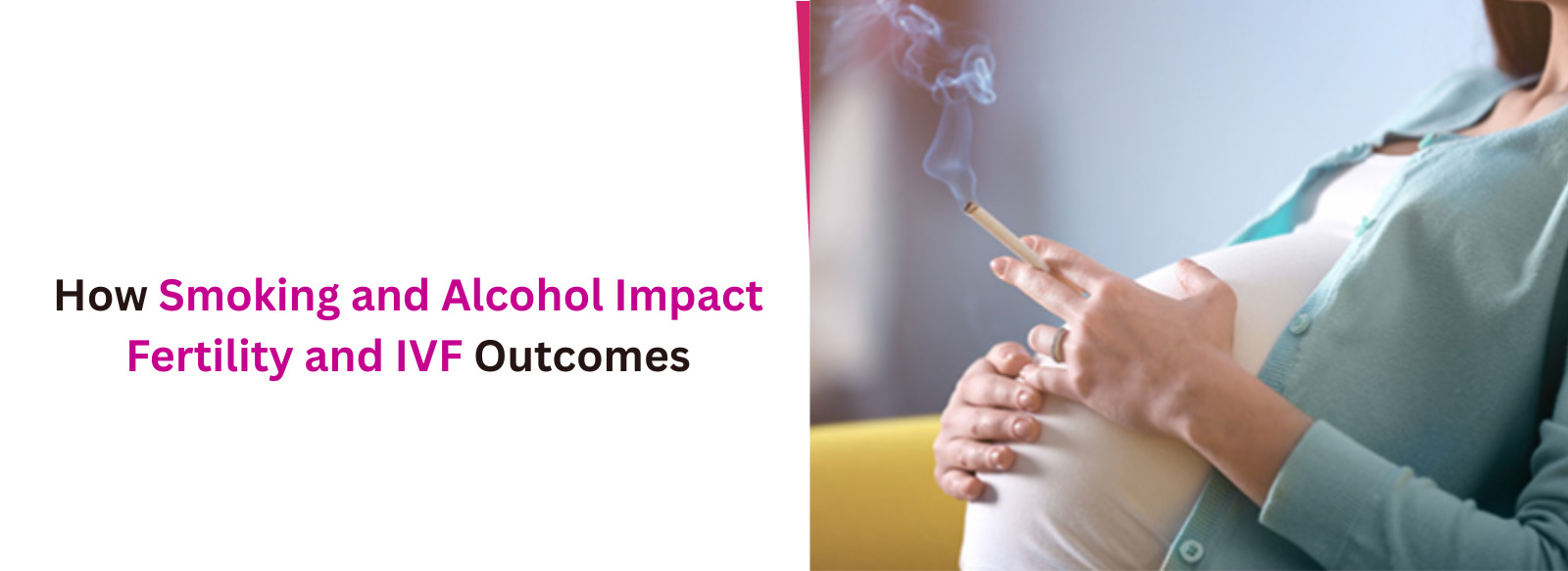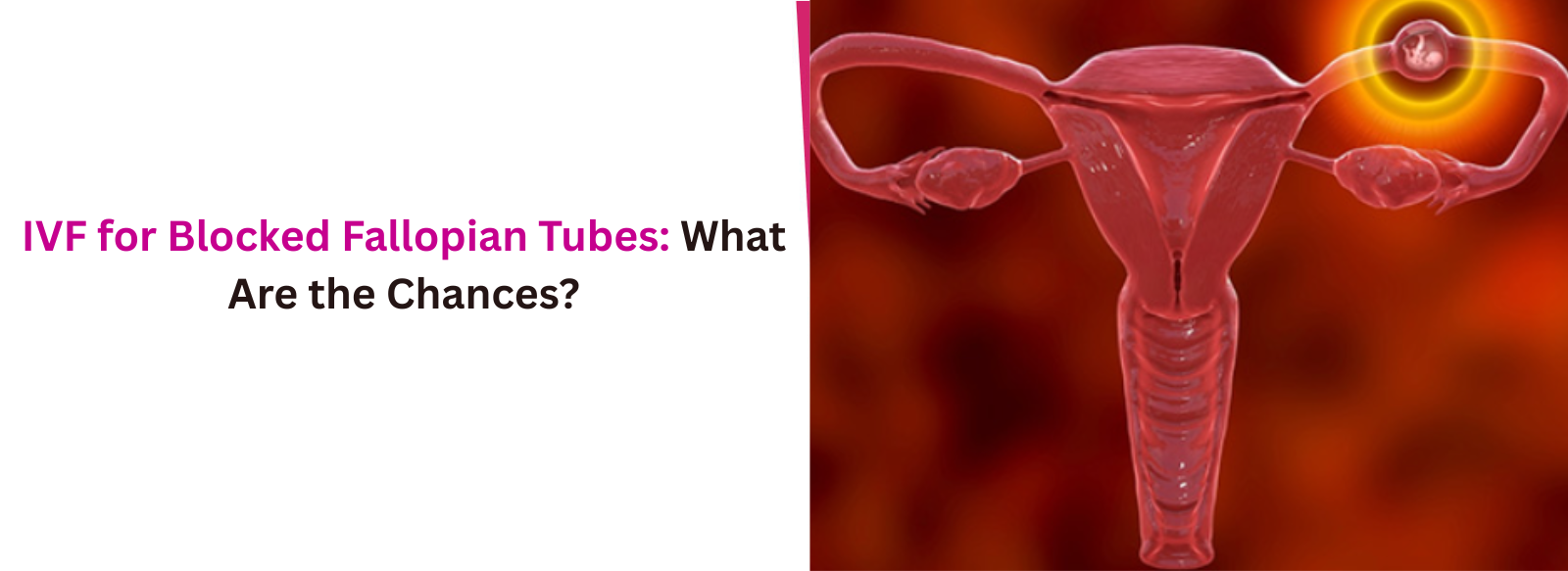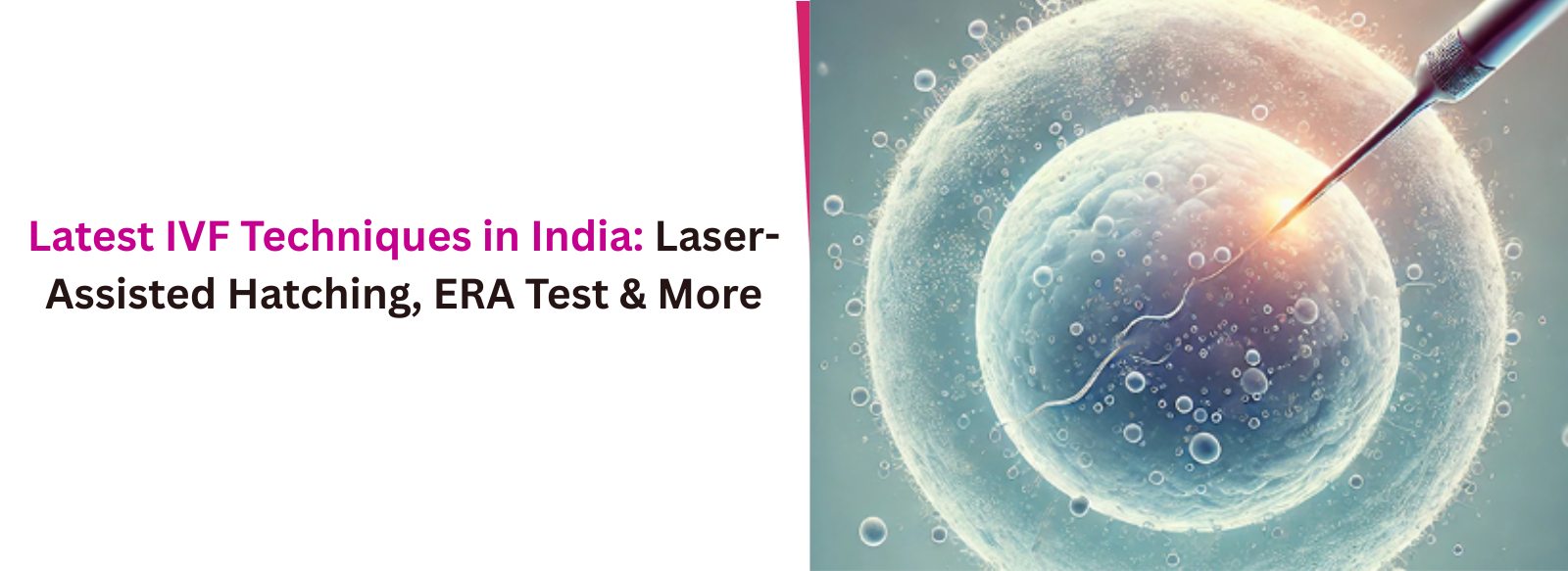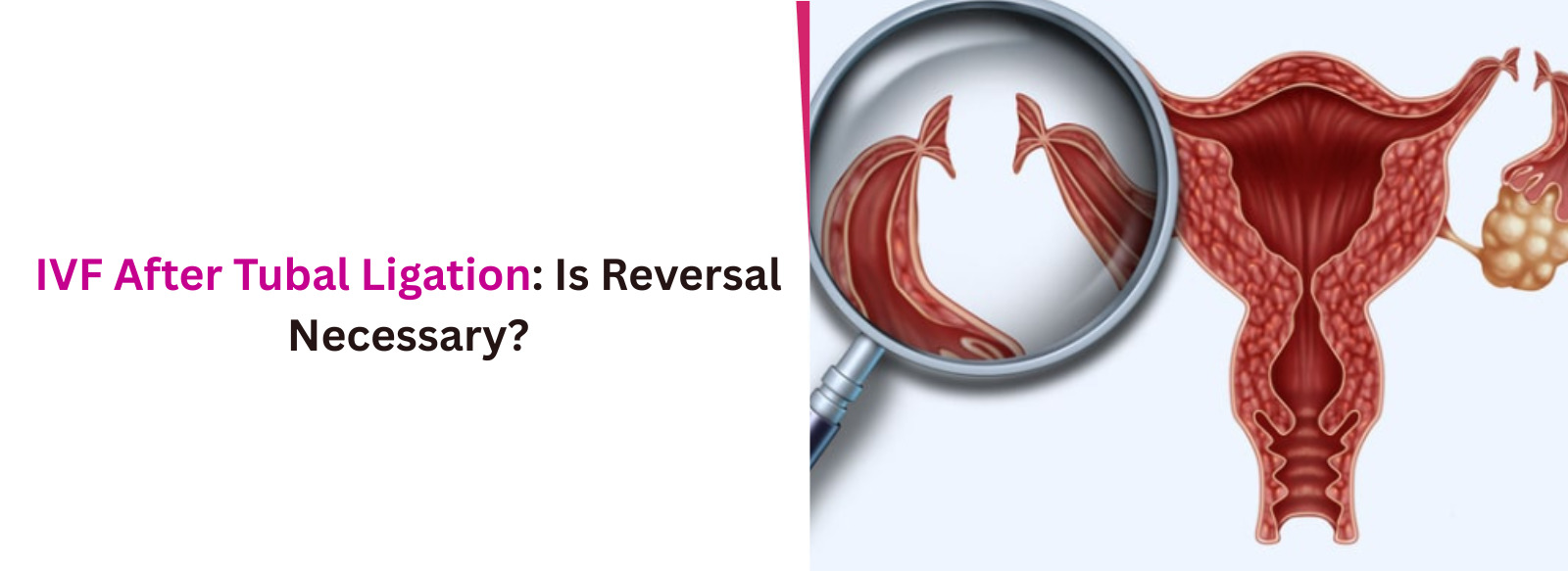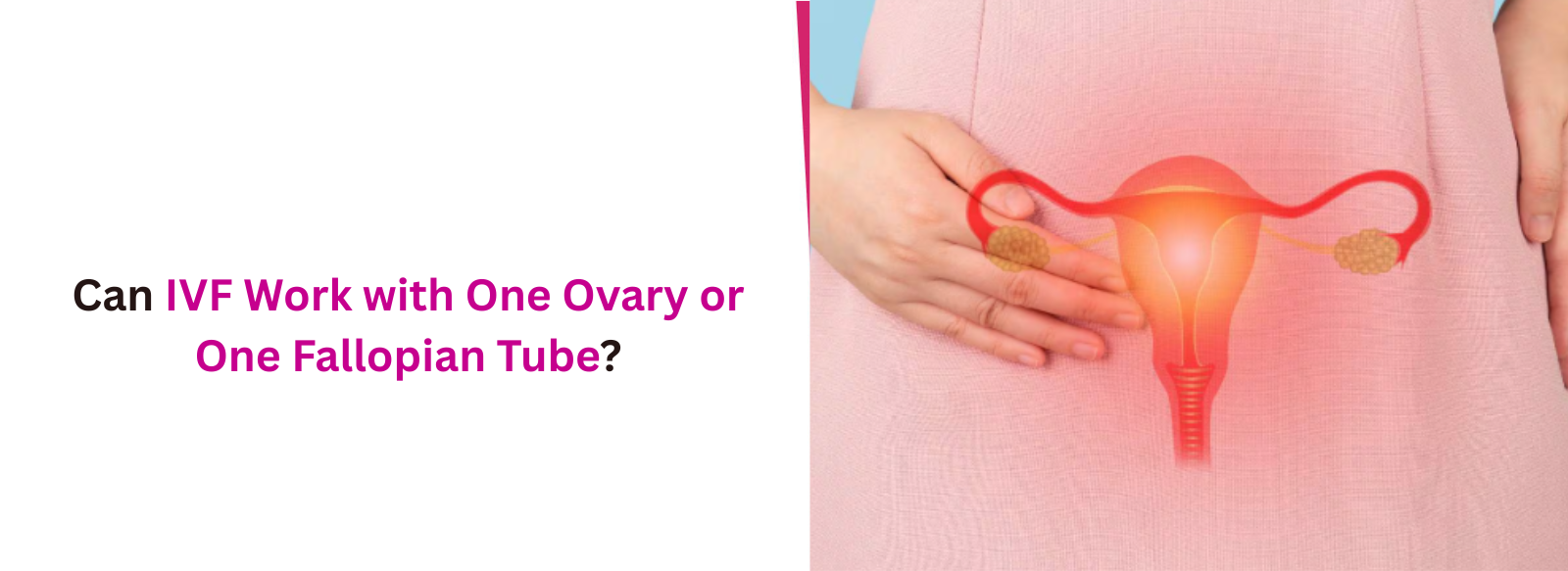What is Egg & Embryo Freezing?
Egg freezing, also called oocyte cryopreservation, is a process where a woman's eggs are extracted, frozen, and stored for future use. The goal is to preserve fertility while the eggs are still healthy and viable, especially in younger years. When you’re ready to conceive, these egg freezing in Jalandhar can be thawed, fertilized in a lab, and transferred into the uterus as part of an IVF cycle. Embryo freezing is slightly different. It involves fertilizing eggs with sperm to form embryos, which are then frozen for future use. This is common during IVF when more than one embryo is produced in a cycle, and the extras are stored for later implantation if needed. Both methods are widely used, medically safe, and highly effective when done by an expert fertility team using modern vitrification technology.Who Should Consider Fertility Preservation?
Fertility preservation isn't just for women delaying motherhood it is for anyone who wishes to take proactive steps toward protecting their ability to conceive in the future. You may consider egg or embryo freezing if:- You’re undergoing cancer treatment like chemotherapy or radiation, which can damage the ovaries or sperm.
- You’re planning to delay childbearing for career, education, or personal reasons and want to preserve eggs at their peak quality.
- You’ve been diagnosed with low ovarian reserve or conditions like endometriosis that may impact fertility over time.
- You’re undergoing IVF treatment, and you want to preserve embryos for a future cycle or backup.
- You’re at risk of early menopause due to genetics or medical conditions.
- You’re in the military or a high-risk profession, where future fertility may be uncertain.
5 Common Myths About Egg & Embryo Freezing:
Here are a few common myths about egg and embryo freezing that people still believe to be true out of confusion.Myth 1: Frozen eggs/embryos aren’t as good as fresh
This is no longer true thanks to advanced vitrification (flash freezing) technology. Today’s freezing methods ensure eggs and embryos retain their integrity, with survival rates exceeding 90% post-thaw. Studies show that pregnancy and birth outcomes from frozen eggs/embryos are nearly identical to fresh ones. In fact, many IVF clinics prefer frozen transfers to better prepare the uterine lining. So, when frozen under expert care like at Vardaan IVF, you can expect excellent results that rival fresh cycles.Myth 2: It’s only for women in their 40s
Fertility preservation is most effective in younger women, ideally in their late 20s to mid-30s. Many assume egg freezing is a backup plan in their 40s, but egg quality and quantity decline significantly with age. Freezing at a younger age offers better chances of pregnancy later. It's also a great option for those delaying childbearing for education, career, or personal goals. Clinics like Vardaan IVF recommend early consultation so you can make informed choices about the right time to freeze.Myth 3: Success is guaranteed after freezing
Egg and embryo freezing improve your chances, but they don’t guarantee pregnancy. Success depends on several factors: age at freezing, egg/embryo quality, uterine health, and overall fertility status at the time of use. While technology has improved, no fertility treatment comes with a 100% assurance. However, freezing provides a valuable opportunity to preserve reproductive potential when chances are highest especially for those undergoing medical treatments or planning parenthood later in life.Myth 4: Freezing affects child’s health
Multiple global studies confirm that babies born from frozen eggs or embryos are just as healthy as those from natural conception or fresh IVF cycles. Vitrification protects genetic material, and there is no increased risk of birth defects or developmental issues. Embryo grading and genetic screening options further improve safety and health outcomes. With proper lab protocols like those at Vardaan IVF, egg and embryo freezing is a safe, reliable path to future parenthood without compromising child health.Myth 5: It’s painful or risky
The process of egg retrieval is minimally invasive and conducted under anesthesia, so you feel no pain during the procedure. Hormonal injections may cause mild bloating or discomfort, but side effects are temporary and manageable. Serious risks like ovarian hyperstimulation syndrome (OHSS) are rare when treatment is properly monitored by specialists. At experienced clinics like Vardaan IVF, the process is safe, well-controlled, and guided by personalized protocols to minimize discomfort and optimize success.Step-by-Step Process of Egg/Embryo Freezing
At Vardaan IVF Jalandhar, we follow a safe, scientific, and highly structured process for egg and embryo freezing. Here’s how it works:1. Initial Consultation & Hormonal Evaluation
Your journey begins with a detailed fertility consultation. Our doctors evaluate your medical history, conduct blood tests (AMH, FSH, LH), and perform ultrasound scans to assess ovarian reserve and overall reproductive health.2. Ovarian Stimulation
Once you're ready, you'll undergo hormonal stimulation using fertility injections (gonadotropins) to encourage your ovaries to produce multiple mature eggs. This process typically lasts 8–12 days and is carefully monitored with ultrasounds and hormone tests.3. Egg Retrieval
When the eggs are mature, they are retrieved from the ovaries using a minimally invasive ultrasound-guided procedure under light sedation. This step is usually painless and takes 20–30 minutes.- If you’re freezing eggs: The mature eggs are immediately vitrified and stored.
- If you’re freezing embryos: The eggs are fertilized with sperm (partner's or donor's) in the IVF lab to form embryos.
4. Embryo Culture (If applicable)
Embryos are cultured in the lab for 3–5 days to reach the blastocyst stage. Only the best quality embryos are selected for freezing.5. Vitrification & Cryostorage
Using rapid-freeze vitrification technology, eggs or embryos are flash-frozen in liquid nitrogen at -196°C. This method significantly reduces ice formation and increases post-thaw survival rates. They are then stored in secure cryo-tanks under strict monitoring. Timeline: The entire process typically takes 2–3 weeks from start to finish.How Long Can Eggs & Embryos Be Stored?
In India, the legal storage limit for frozen eggs and embryos is typically up to 10 years, although exceptions may be granted under special circumstances. The good news? Both eggs and embryos remain biologically stable and viable for years if frozen using the vitrification method. There is no evidence that long-term storage impacts future pregnancy outcomes or child health. Some women store their eggs in their late 20s and use them successfully in their mid-30s or later. The key factor affecting success is not how long the eggs/embryos are stored but how young and healthy they were at the time of freezing. At Vardaan IVF, we maintain strict cryo-lab standards, with 24/7 monitoring and backup systems to ensure long-term viability.What is the Cost of Egg & Embryo Freezing in Jalandhar?
- Egg Freezing: ₹50,000 – ₹70,000 (excluding stimulation medication).
- Embryo Freezing with IVF: ₹80,000 – ₹1,00,000.
- Annual Storage Fee: ₹10,000 – ₹20,000/year (approx.).
- The number of stimulation cycles required.
- Medications used (which can cost an additional ₹30,000–₹50,000).
- Sperm source and fertilization method (ICSI, if needed).
- Lab technology and expertise.
- Duration of storage.


